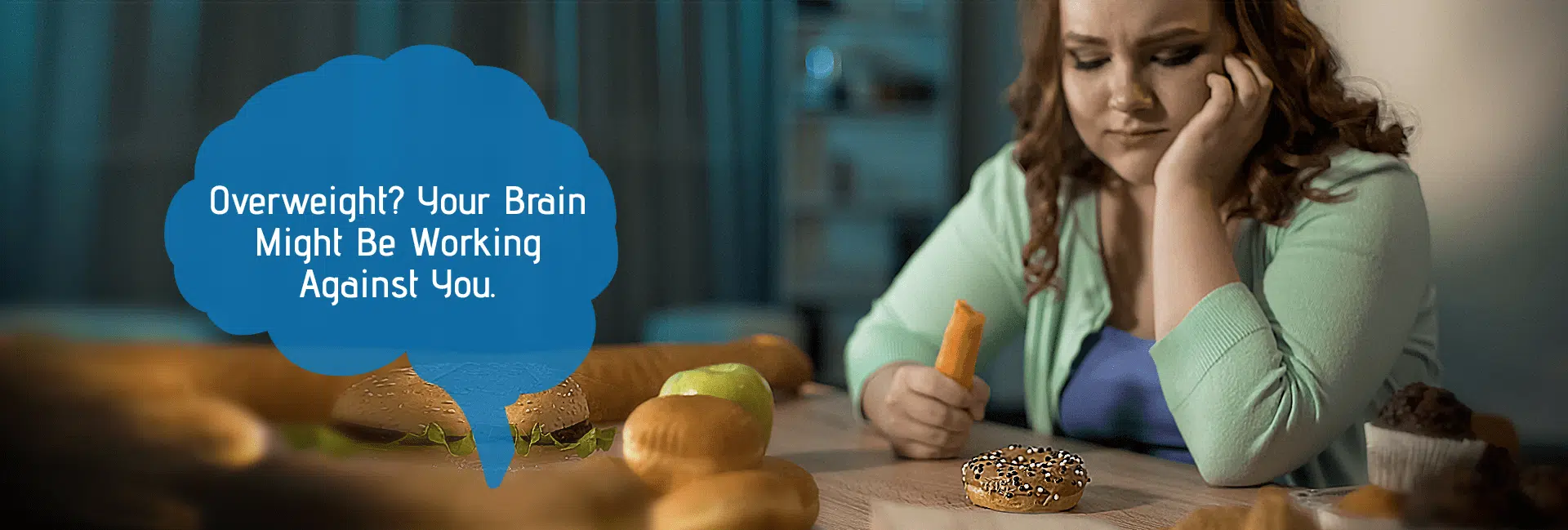
How many times have you found yourself head first in the fridge on the hunt for a midnight snack? If you have then you’ll know how difficult it is to close the door and walk away. But don’t beat yourself up just yet because giving in to an occasional late-night fridge fix can happen, the result of complex biological processes in your body that can prove difficult to resist even with the strongest of willpower. To understand how hard it can be to keep these processes under control, let’s look at the science behind them.
How hunger happens.
Hunger starts in the stomach, where a ‘hunger hormone’ is secreted. This hormone travels to the central nervous system and into an area of the brain known as the hypothalamus or ‘hunger centre’. Here, neurons are activated that trigger feelings of hunger. This is why hunger can be so difficult to control using just willpower alone, especially following a weight loss attempt when the body’s response is to increase hunger hormones and decrease satiety hormones. The result is increased feelings of hunger and desire to eat.
If you’ve constantly battled feelings of hunger throughout your weight loss journey, hopefully now you’ll see why you shouldn’t be too hard on yourself. Food keeps us alive hence why feeling hungry is an integral and necessary part of life. A key factor is to find ways to manage feelings of hunger in a way that’s suitable for you, and the best person to speak to about this is your healthcare professional. They’ll provide a weight management plan that may include diet, exercise or medicine – whatever you need to make your weight loss goals that much more achievable and maintainable.
DISCLAIMER: This editorial has been brought to you by Radiant Health. Content in this editorial is for general information only and is not intended to provide medical or other professional advice. For more information, speak to your Healthcare Professional. NZ-2019-08-0008. NA 11314
